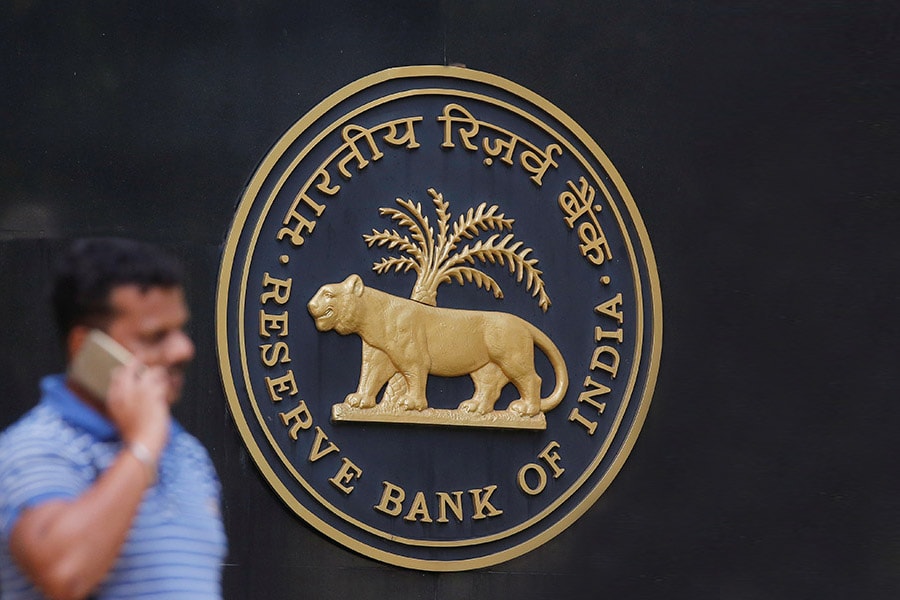SC quashes RBI bad loans note; central bank position "undermined", say analysts
RBI will now have to come up with a new framework to resolve such cases


Image: Sailesh Andrade/ Reuters
The Supreme Court of India came down hard against the Reserve Bank of India, calling a February 12, 2018 circular relating to loan repayment of stressed assets, as “ultra vires”. This move clearly undermines RBI’s position relating to resolution of such cases and it will now need to come up with a fresh method of restructuring such cases of bad loans, experts said.
Considering that this circular has been quashed, all future proceedings, including insolvency proceedings, stand to be quashed.
According to the circular, bankers had to classify a loan account above Rs 2,000 crore to the National Company Law Tribunal or the bankruptcy court if it was not resolved within 180 days of default.
ICRA in its earlier reports has said that the total estimated debt impacted due to the RBI circular was Rs 3.8 lakh crore across 70 large companies. About 54 percent of these are power companies, 19 percent are EPCs (engineering, procurement and construction), 7 percent telecom, 3 percent roads while the balance included sugar, fertiliser and aviation companies.
Power companies had particularly come under pressure to try and resolve bad debts and 34 companies had appealed against the RBI’s circular through industry bodies, the Independent Power Producers Association of India (IPPAI) and the Association of Power Producers (APP).
Power companies have argued that they were not willful defaulters and said that the stress was due to external factors. The argument power companies have presented is that distressed discoms (distribution companies) have not been able to pay them, which thus had put pressure on the latter to pay up the banks.
“The power sector has been an over regulated sector. And the problem was not limited to power companies or the banking sector. We are happy that relief has come,” Harry Dhaul, director general of IPPAI told Forbes India. “The RBI circular was clearly unfair and was not allowing banks and corporates to work together to resolve matters.”
Ashok Khurana, director general of APP, welcomed the court verdict. “With the threat of IBC proceedings mitigated, power companies and lenders will have some breathing space and flexibility to restructure debts in a manner which ensures continuity and value maximization for lenders as well as power companies,” he told Forbes India.
The Allahabad High Court had denied relief to the petition by power companies, following which they moved the Supreme Court. The two-judge bench of Justice Rohinton Fali Nariman and Justice Vineet Saran pronounced the judgement.
Most power stocks rose in Tuesday trade after the Supreme Court verdict. Adani Power closed up 2.88 percent at Rs 49.95 while Tata Power rose 3.63 percent intraday to a high of 76.9 before closing at 74.20 at the BSE.
Elara Capital, in a separate note, said that Adani Power, GMR Energy, RattanIndia Power and KSK Mahanadi would be major beneficiaries from this decision. “The SC verdict now will make it tough for lenders to take any power company to NCLT,” the Elara note to clients said.
Centrum Broking’s banking analyst Cyrus Dadabhoy said the SC move would mean that a new framework will have to be created by the RBI for these cases. He however said that from a longer-term standpoint, this SC verdict will impact credit discipline for corporate banks. “From the RBI standpoint, it means that its actions are being undermined,” he added.
First Published: Apr 02, 2019, 21:44
Subscribe Now